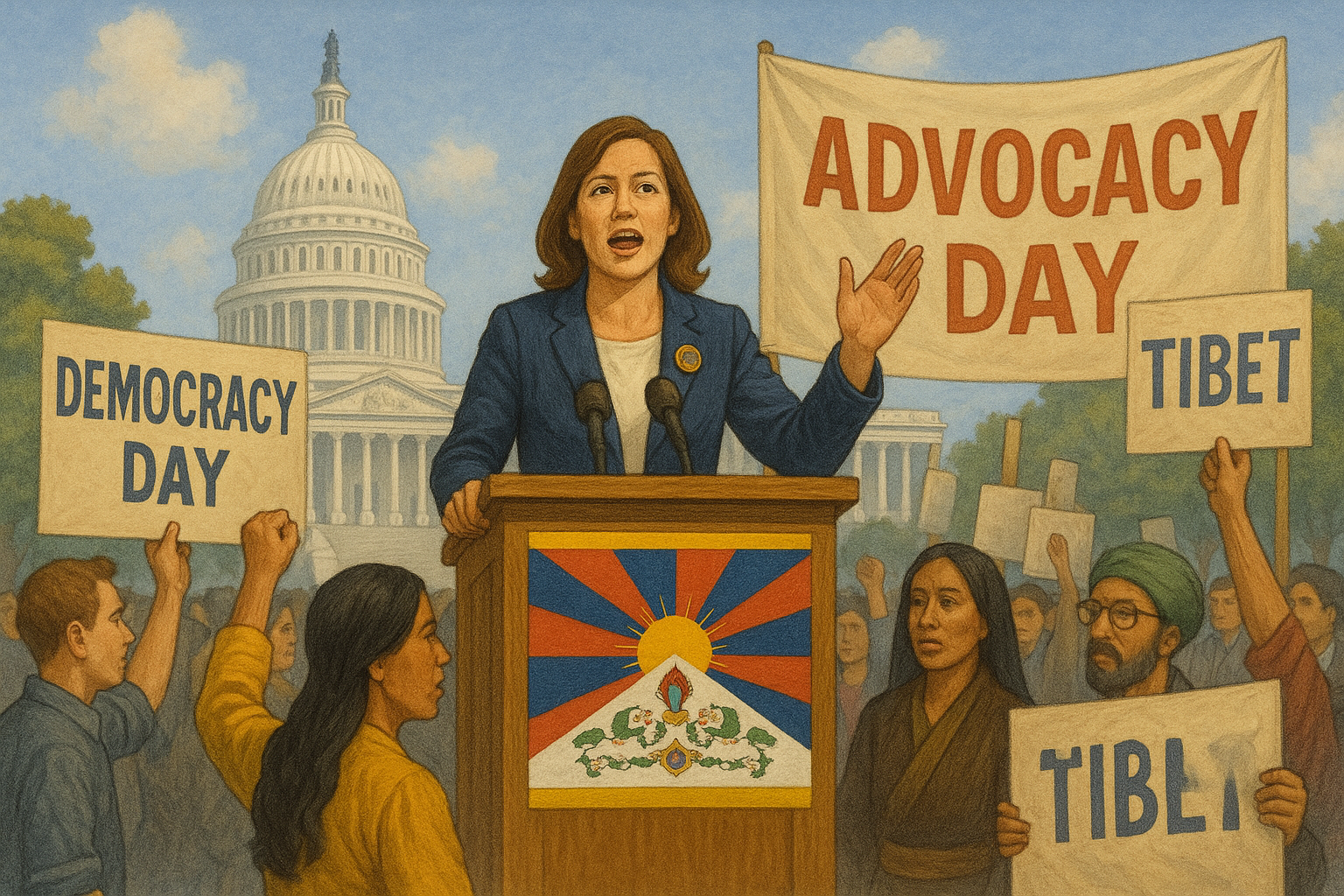Every year on 2 September, Tibetan communities in exile gather to mark a remarkable milestone: the birth of their democracy. In 1960, barely a year after the Dalai Lama’s flight across the Himalayas, Tibetan representatives took their oaths in Bodh Gaya, laying the foundation of self-rule in exile. What began as a modest act of survival has become a defining political tradition.
Today, Tibetan Democracy Day — Mangsto Düchen — is not just a commemoration. It is a day of advocacy. From Dharamshala to Delhi, from Bylakuppe to Boston, Tibetans and their allies use the anniversary to remind the world that while their people live under authoritarian control in Tibet, their democracy thrives in exile.
An Uncomfortable Contrast
The irony is inescapable. In occupied Tibet, China has tightened its grip through assimilationist boarding schools, dismantling of monasteries, and the omnipresence of surveillance. In exile, Tibetans elect their leaders, debate policy in parliament, and nurture a pluralistic society.
This contrast gives Democracy Day unusual power. It punctures Beijing’s claims that Tibetans are incapable of self-rule, while showcasing the exile community’s record of peaceful governance. It also exposes the human cost of Chinese policies — a culture under siege, families separated, and religious life curtailed.
Advocacy on the Global Stage
In recent years, Democracy Day has become a platform for coordinated international advocacy. Statements from the Central Tibetan Administration (CTA) and the Parliament-in-Exile emphasise not only the endurance of exile democracy, but also the urgency of global action.
The 65th anniversary in 2025 highlighted this role vividly. Tibetan leaders pointed to escalating repression in Tibet and appealed for stronger international responses. The passage of the US Resolve Tibet Act in 2024 — recognising Tibet’s historical independence and urging dialogue with the Dalai Lama’s representatives — was celebrated as a watershed. In Europe, parliaments and rights groups have echoed concerns over forced assimilation through state-run boarding schools.
Democracy Day thus functions as a political counterweight. Each speech, rally, and vigil amplifies a message: Tibet is not an internal Chinese issue but a global human rights concern.
The Indian Connection
Nowhere is this advocacy more visible than in India, home to over 100,000 Tibetans. Here, Democracy Day has become an event of shared solidarity. Indian parliamentarians, civil society groups, and student organisations routinely participate in observances — from candlelight vigils in Delhi’s Samyeling settlement to cultural festivals in Bylakuppe, Karnataka.
This Indian engagement matters. It signals that Tibet’s struggle is not forgotten and that India’s democratic ethos aligns naturally with the Tibetan cause. It also reminds Beijing that its claims of legitimacy will continue to be contested, not only internationally but in Tibet’s immediate neighbourhood.
Identity in the Face of Erasure
For Tibetans, Democracy Day is more than an anniversary. It is an affirmation of identity in the face of erasure. It is also a reminder to the world that solidarity cannot be seasonal. Advocacy must translate into policies that check authoritarian overreach — from sanctions and diplomatic pressure to the safeguarding of cultural and religious rights.
As authoritarian regimes tighten their grip worldwide, the Tibetan example stands out. A stateless people have sustained democratic governance for more than six decades. They have shown that even in exile, democracy can be not only preserved but strengthened.

